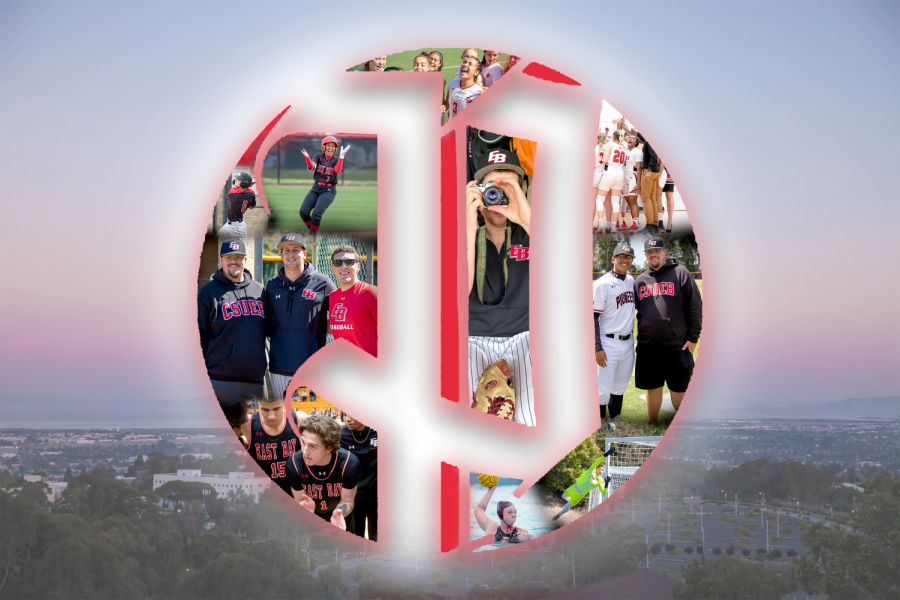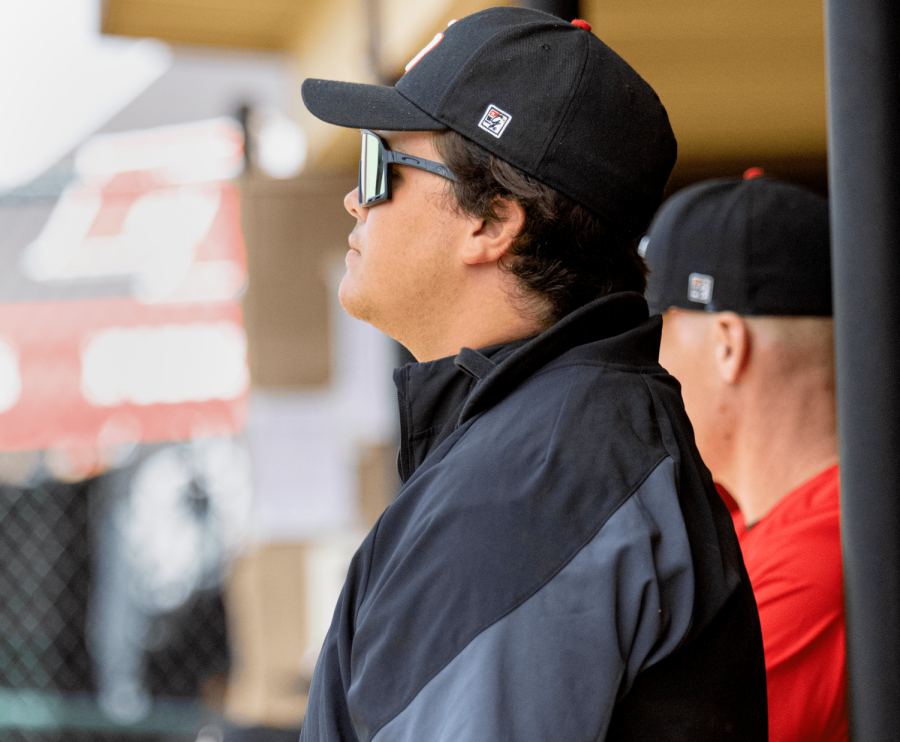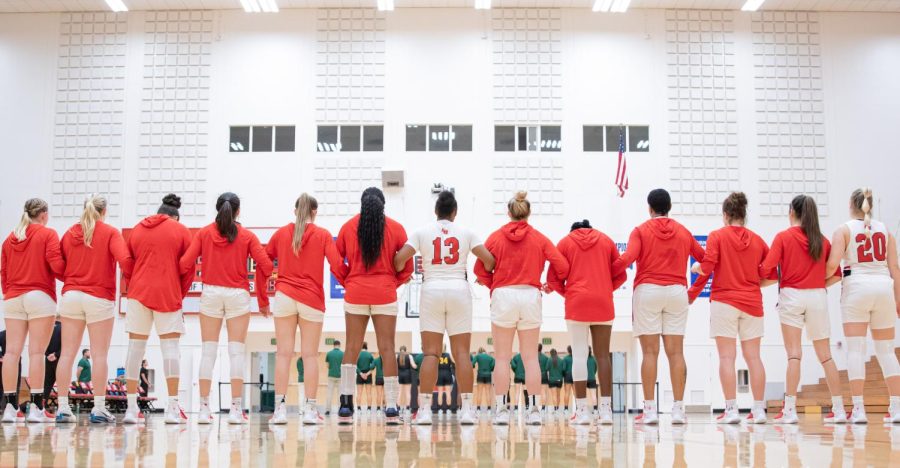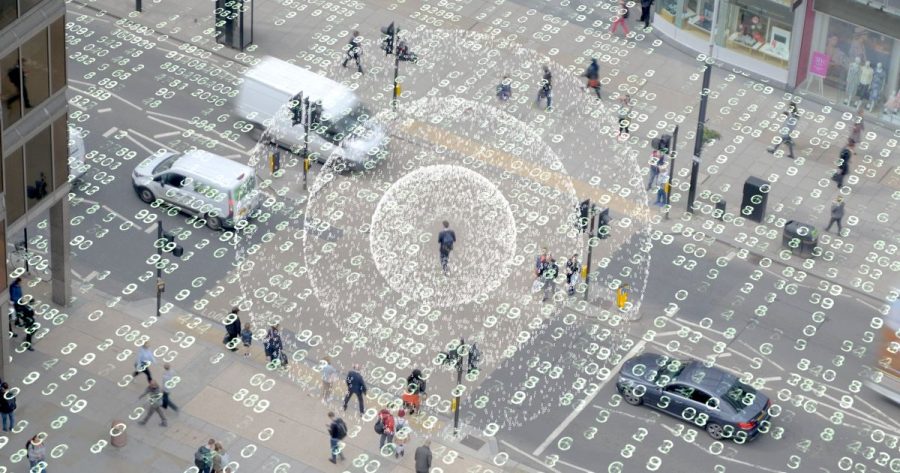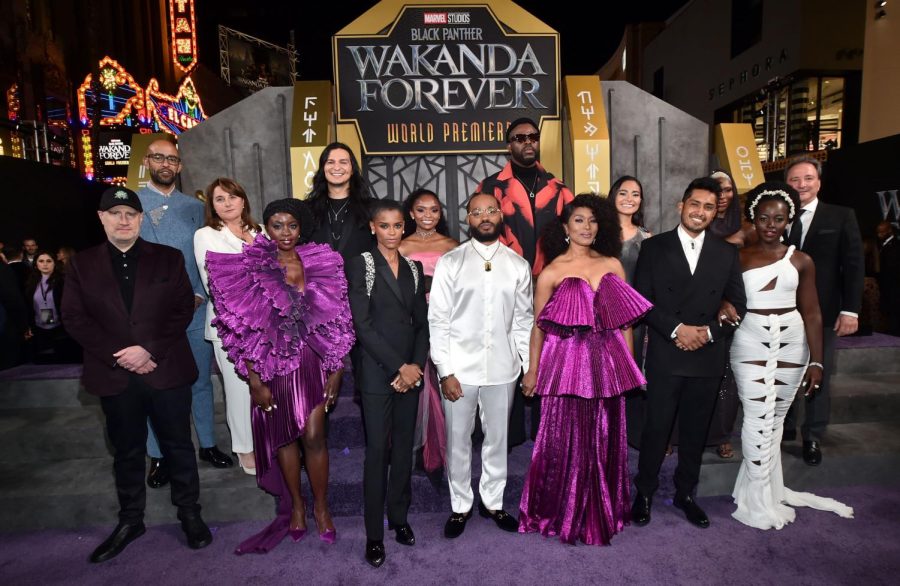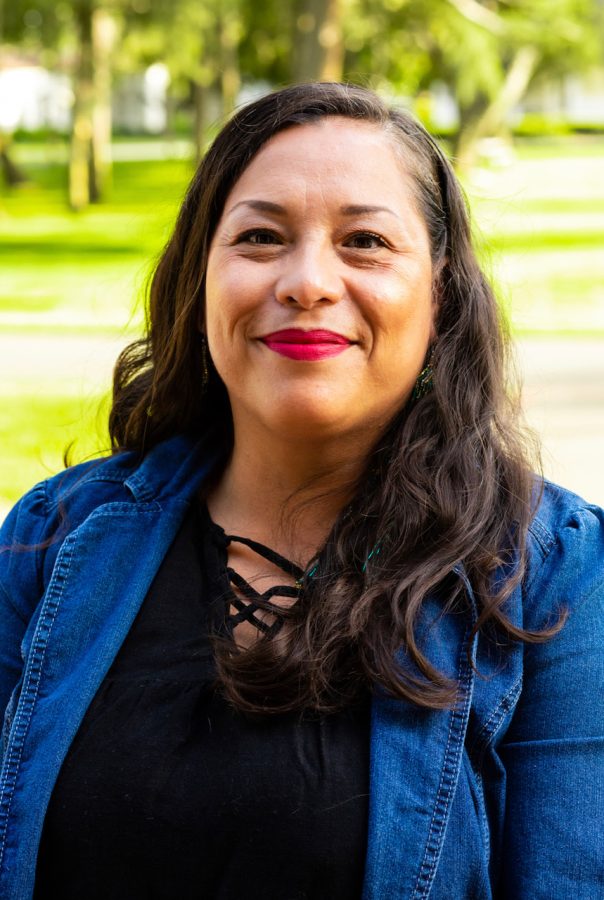When Justice Anthony Kennedy delivered the opinion of the U.S. Supreme Court in the case of Citizens United v. The Federal Election Commission, the court struck down 100 years of campaign finance reform laws and unleashed the power of unlimited corporate and private spending into our political system.
“When Government seeks to use its full power […] to command where a person may get his or her information or what distrusted source he or she may not hear, it uses censorship to control thought. This is unlawful.”
While striking down previous attempts at campaign finance reform such as the Tillman Act of 1907 and the Bipartisan Campaign Reform Act of 2002, the justices specified that the government “may regulate corporate political speech through disclaimer and disclosure requirements, but it may not suppress that speech altogether.”
At the troubling core of the Citizens United decision is the notion that independent campaign contributions by corporations and unions are a form of free speech vital to political discourse, and are thus protected by the first amendment.
The problem with this reasoning is corporations are not citizens. They are perpetual institutions with limited liability and a source of funding most individual citizens cannot hope to match.
“Although they make enormous contributions to our society, corporations are not actually members of it,” said Justice John Paul Stevens, representing the Supreme Court›s dissenting opinion. “Because they may be managed and controlled by nonresidents, their interests may conflict in fundamental respects with the interests of eligible voters.”
Now, two years later, the fateful Citizens United decision has changed our political campaigns significantly.
Specifically, the decision gave rise to the nefarious “super” political action committees – also known as Super PAC’s – which can collect unlimited financial contributions from individuals, unions and corporations, and can spend that money independently on behalf of any candidate.
In the 2010 California Senate election between Carly Fiorina and Barbara Boxer, over $10 million was spent on both sides to influence the election, and $5.4 million was spent on U.S. House of Representatives elections in the state, according to Public Citizen.
This far in the 2012 presidential election, Restore Our Future – a Super PAC spending on behalf of presidential candidate Mitt Romney – has spent over $53 million in “independent expenditures.” The main Super PAC for President Barack Obama has spent over $13 million, according to Open Secrets.
Also shocking is the amount of money contributed by individual donors so far for the 2012 election.
Sheldon Adelson, CEO of the Las Vegas Sands, has so far contributed $20 million to conservative Super PAC’s. Harold Simmons – Forbes’ 36th richest man in the United States – has given over $15 million.
What all this money represents is that free speech is not being exercised in the interest of democracy, as the Supreme Court has argued, but instead represents how the average citizen’s voice has become significantly muted by a financially powerful elite.
Last Thursday, California became the largest state in the nation to call for a constitutional amendment to overturn Citizens United, joining the states of Hawaii, New Mexico, Maryland, Vermont and Rhode Island in the demand for reform.
The Pioneer agrees with the California Legislature that Citizens United must be overturned by an amendment to the Constitution of the United States.
This amendment must make a clear distinction that corporations are not human beings and as such are not guaranteed the same rights afforded to us under the first amendment.
“The Legislature of the State of California respectfully disagrees with the majority opinion and decision of the United States Supreme Court,” said the California Legislature in their resolution against Citizens United. “The Legislature […] calls upon the United States Congress to propose and send to the states for ratification a constitutional amendment to overturn Citizens United […] and to restore constitutional rights and fair elections to the people.”
This new constitutional amendment must help pave the way for the nation to follow the example of states that have enacted “Clean Elections” programs, such as Arizona, Maine and New Mexico.
These programs fund local and state elections with public money in exchange for an agreement by candidates to not accept funding from private sources.
This country should aim to emulate these states’ systems and adopt them for our highest elections. In this way we will build a system that in its’ nature roots out special interests candidates and brings us closer to a more perfect democracy.
We must always fight for a fair system in which every citizen has an equal voice and overturning Citizens United is another important step in this fight.







